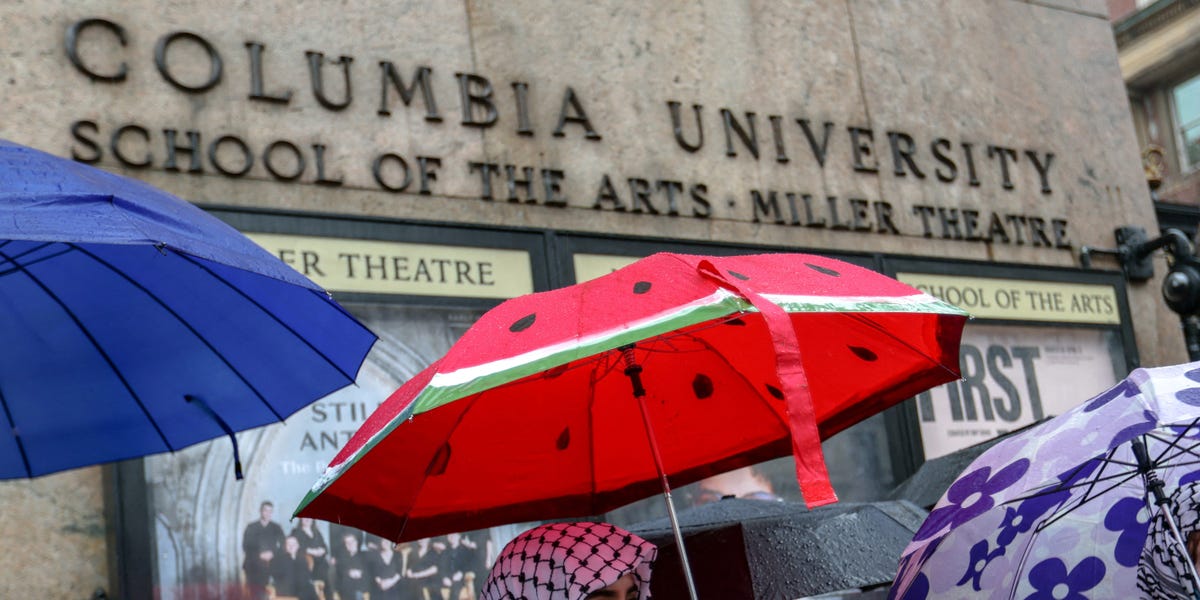Breaking: Columbia University President Steps Down Amid Trump Pressure Controversy

In a dramatic turn of events, Katrina Armstrong has stepped down from her role as interim president of Columbia University, marking the end of a turbulent and challenging academic year. Armstrong's resignation comes after months of intense scrutiny and controversy that have tested the prestigious institution's leadership and reputation.
Taking the helm in August, Armstrong was thrust into a maelstrom of complex challenges, including campus protests, academic tensions, and ongoing debates about university governance. Her brief tenure was characterized by unprecedented upheaval, reflecting the broader social and political pressures facing higher education in today's volatile landscape.
The sudden departure underscores the immense pressures facing university leadership in an era of heightened social awareness and institutional transformation. Armstrong's resignation leaves Columbia University at a critical juncture, searching for stable leadership during a period of significant institutional introspection and potential change.
